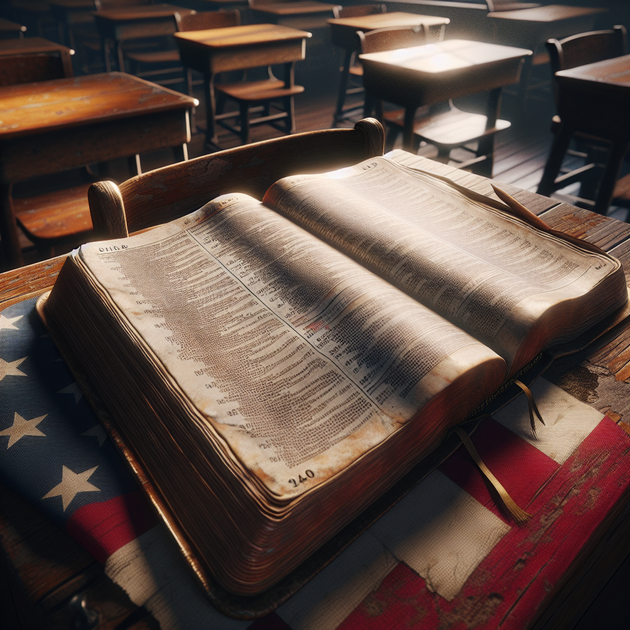Ever heard of a school Bible that skips over half the U.S. Constitution? That’s exactly what’s happening with the so-called “Trump Bibles” being distributed in some Oklahoma public schools. These controversial copies come with a surprise—while they include the original Bill of Rights (Amendments 1-10), they completely leave out Amendments 11 through 27. For many parents and students, that raises more questions than answers.
What Are “Trump Bibles,” and Why Are They in Schools?
The term “Trump Bible” refers to a special edition Bible promoted by former President Donald Trump. Some versions come bundled with parts of America’s founding documents—including the Declaration of Independence and selected pieces of the Constitution. In Oklahoma, these editions have found their way into certain public schools as part of a larger push for more religious material on campuses.
But here’s where things get tricky: although these Bibles include the first ten amendments (the Bill of Rights), they stop there. That means everything from the abolition of slavery (13th Amendment) to women’s right to vote (19th Amendment), along with modern rights like those granted by the 26th Amendment (18-year-old voting), are nowhere to be found.
Which Amendments Are Missing—and Why Does It Matter?
To put it simply, Amendments 11 through 27 cover some of the most significant moments in American history. Leaving them out isn’t just a minor oversight—it reshapes how young readers understand their rights as citizens.
Here’s a quick rundown of some key amendments that are missing from these Trump Bibles:
- 13th Amendment: Abolished slavery
- 14th Amendment: Guaranteed equal protection under the law
- 15th & 19th Amendments: Expanded voting rights regardless of race or sex
- 16th Amendment: Authorized federal income tax
- 24th & 26th Amendments: Eliminated poll taxes and lowered voting age to 18
- 22nd Amendment: Limits presidents to two terms (yes—the one inspired by FDR!)
When students read only part of the Constitution—especially one curated by a political figure—it can leave them with an incomplete picture of their own country.
The Debate Over Church, State, and Education
Oklahoma has been at the center of debates about religion in schools for years. Supporters argue that distributing materials like these Trump Bibles upholds America’s Christian heritage. Critics worry it blurs the line between church and state—a line clearly drawn by the First Amendment (which is included).
But when half the constitutional amendments are left out, another layer gets added to this debate: Are students being intentionally shielded from certain civil rights? If so, who decides which rights matter most?
A Real-World Example Raises Eyebrows
A parent from Tulsa shared an anecdote online after her child brought home one of these Trump Bibles from school. Flipping through it together at dinner, she noticed huge gaps between pages listing amendments—nothing after number ten! Her teenager asked why things like women voting or abolishing slavery weren’t mentioned if this was supposed to be “the real Constitution.” The question stumped her—and led her down an internet rabbit hole looking for answers.
This mom wasn’t alone; other parents have echoed similar concerns on forums and social media. For many families, this omission isn’t just about politics—it feels like rewriting history.
What Could This Mean for Students?
When kids only see part of their nation’s story—especially when learning about their constitutional rights—they miss out on important context:
- An incomplete understanding of American history and progress
- Lack of awareness about fights for equality and civil rights
- Confusion about which laws protect them today
- Potential bias based on who decides what information is included
It also sets a precedent that educational materials can be edited based on ideology or preference—not accuracy or completeness.
So here’s something worth considering: If we’re leaving out such pivotal parts of our shared history from classroom resources today…what message does that send about our commitment to truth tomorrow?

Leave a Reply